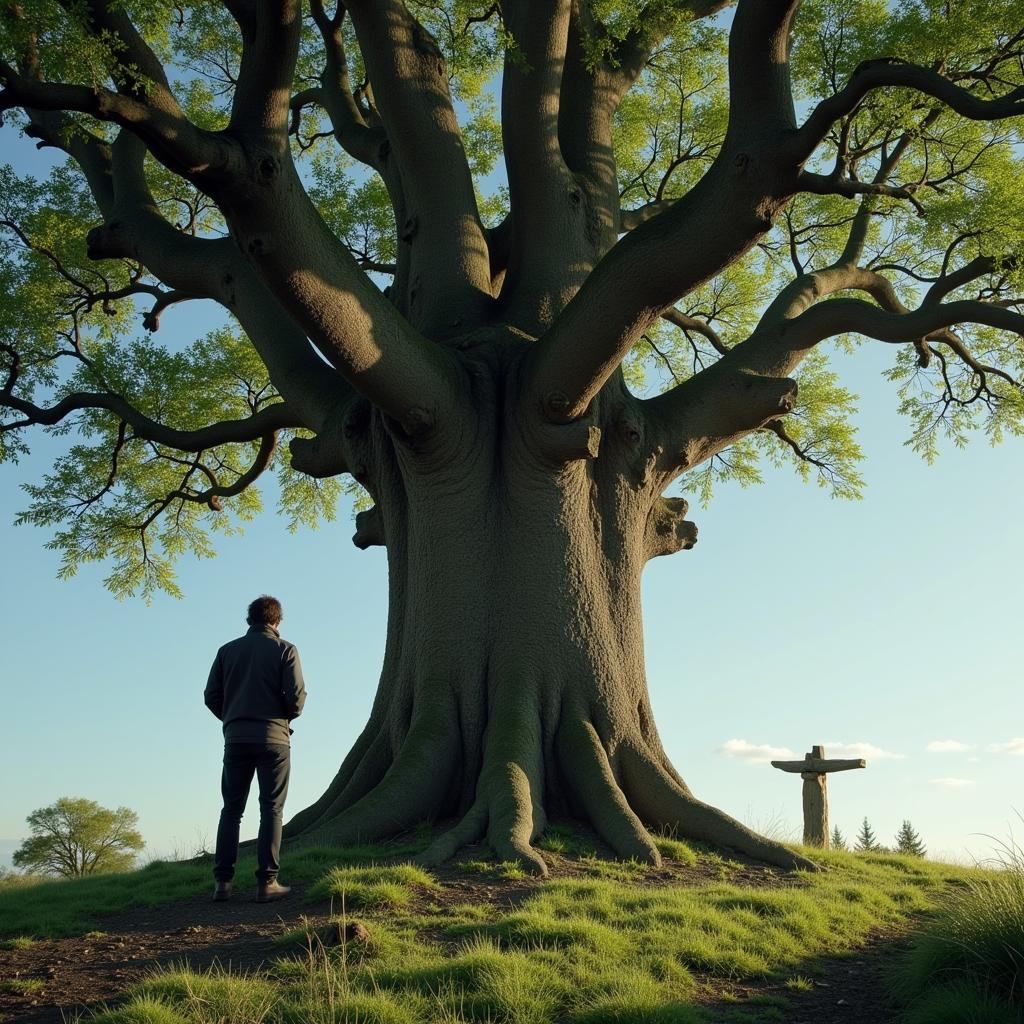Fc Research, often shrouded in mystery and intrigue, delves into the unknown corners of our existence. It seeks to explore and understand phenomena that defy conventional explanations, pushing the boundaries of our current understanding of the world. From unexplained occurrences to the possibility of realms beyond our perception, FC research ventures into the unexplained, inviting us to question the very fabric of reality.
What is FC Research?
FC research encompasses a wide range of investigative techniques and methodologies used to study and document alleged paranormal phenomena. Unlike traditional scientific disciplines that rely on empirical evidence and controlled experiments, FC research often delves into subjective experiences and anecdotal accounts. This reliance on personal testimony and unconventional data collection methods often leads to skepticism from mainstream science.
However, proponents of FC research argue that the limitations of current scientific instruments and our understanding of consciousness prevent us from fully comprehending these extraordinary phenomena. They believe that by approaching these subjects with an open mind and utilizing a combination of scientific tools and intuitive approaches, we can gain valuable insights into the hidden dimensions of our reality.
The Tools and Techniques of FC Research
FC researchers employ a variety of tools and techniques to investigate paranormal claims. Some of the most commonly used instruments include:
- EMF Meters: These devices measure electromagnetic fields, which some believe are associated with spirit presence.
- EVP Recorders: Electronic voice phenomenon (EVP) recorders capture faint sounds and voices that are not audible to the human ear.
- Infrared Cameras: These cameras detect heat signatures and can be used to identify anomalies in temperature that may indicate spirit activity.
- Dowsing Rods: These simple tools, often made of metal rods or pendulums, are believed to respond to energy fields and can be used to locate energy vortexes or areas of paranormal significance.
In addition to these instruments, FC researchers also utilize various methodologies, including:
- Interviews: Gathering firsthand accounts from witnesses is crucial in understanding the nature of alleged paranormal activity.
- Observations: Researchers conduct on-site observations to document any unusual occurrences or patterns.
- Experiments: While controlled experiments can be challenging in the realm of Paranormal Research, some researchers design experiments to test specific hypotheses about paranormal phenomena.
The Ethics of FC Research
 An investigator approaching a location with respect
An investigator approaching a location with respect
The sensitive nature of FC research demands a strong ethical framework. Researchers must prioritize the well-being and respect of all individuals involved, including:
- Witnesses and Clients: Researchers should approach individuals who have experienced paranormal phenomena with empathy and respect, ensuring confidentiality and providing support when needed.
- Property Owners: Permission must always be obtained before conducting investigations on private property.
- The Unknown: Some believe that paranormal entities should be treated with respect and caution, as their intentions and capabilities are often unknown.
Conclusion
FC research, despite its controversial nature, continues to captivate the human imagination. While skepticism remains prevalent, the pursuit of understanding the unexplained drives researchers to explore the uncharted territories of our existence. By adhering to ethical guidelines and embracing both scientific rigor and open-mindedness, FC research may one day shed light on the mysteries that lie at the fringes of our perception.